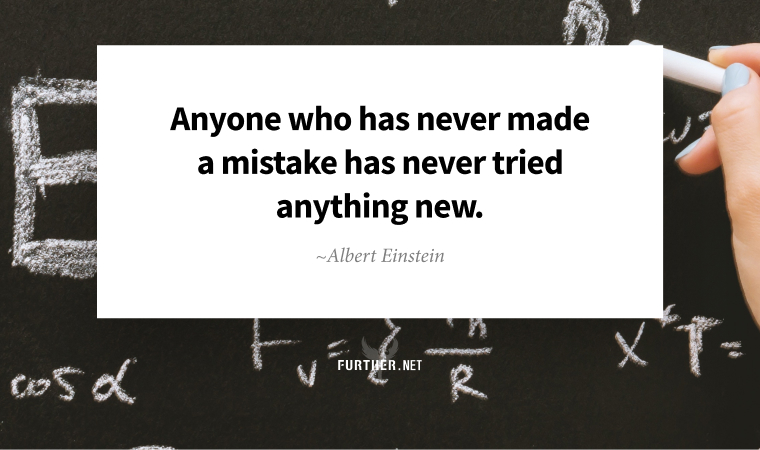
I might be wrong, but chances are you’re terrified of making mistakes. If so, you’re not alone; in the age of cancel culture, there’s even a clinical diagnosis for fear of flaws — atelophobia.
Meanwhile, nobody outgrows making mistakes. And especially not now, as so many of us are launching new careers, businesses, and lifestyles at midlife. Sure, you’ve learned from past errors — that’s central to developing crystallized intelligence — but it doesn’t keep you safe from new screw-ups.
Face it: you’re not always right. But there’s nothing wrong with that as long as you understand the upside of error and the downside of “knowingness.”
You Must Be Mistaken
You’d think that in our post-pandemic world, where uncertainty ruled, we’d finally accept that progress beats perfection. But research shows that perfectionism is rising, with one study reporting 86% of adults feel held to impossibly high standards at work.
This relentless pressure may grow as we battle AI for work requiring accuracy, consistency, and dependability. But I’d argue that the beauty of the machines — and we humans — is that perfection is a facade, and learning from mistakes is built into the system. As scientist Lewis Thomas said decades before the potential of computer technology was realized:
[Computers] can do anything we can do, and more besides. As extensions of the human brain, they have been constructed with the same property of error, spontaneous, uncontrolled, and rich in possibilities.
These “generative mistakes” are the hallmark of a growth mindset. Whenever a misstep takes you off the path of certainty, you unlock fresh possibilities. This is the essence of creativity, made possible by dropping the fear of messing up and embracing the messy way forward.
It’s What You Don’t Know
Beyond accepting it’s OK to be wrong, there’s one more hurdle to scale: the scourge of “knowingness.” Philosopher and psychoanalyst Jonathan Lear describes this growth- and creativity-stifling state as:
A posture of always ‘already knowing,’ of purporting to know the answers even before the question arises.
Take one look at the social and political landscape, and you’ll see endless examples of how we can be so set in our attitudes, opinions, and allegiances that we can’t even see another viewpoint — never mind the errors of our ways. The only way out (and forward) is to challenge assumptions and consider other options.
To combat knowingness, then, we should not discard either our well-established empirical knowledge or the theoretical orientations that help us make sense of new information. We should rather recognize the limits of what we know and be curious about what we don’t.
In other words, allow yourself to be vulnerable and a work in process. There’s nothing wrong with that — and it’s a mistake to think you’ll be successful otherwise.
The Value of Being Wrong: Lewis Thomas on Generative Mistakes (The Marginialian)
Our big problem isn’t misinformation; it’s knowingness (Psyche)
